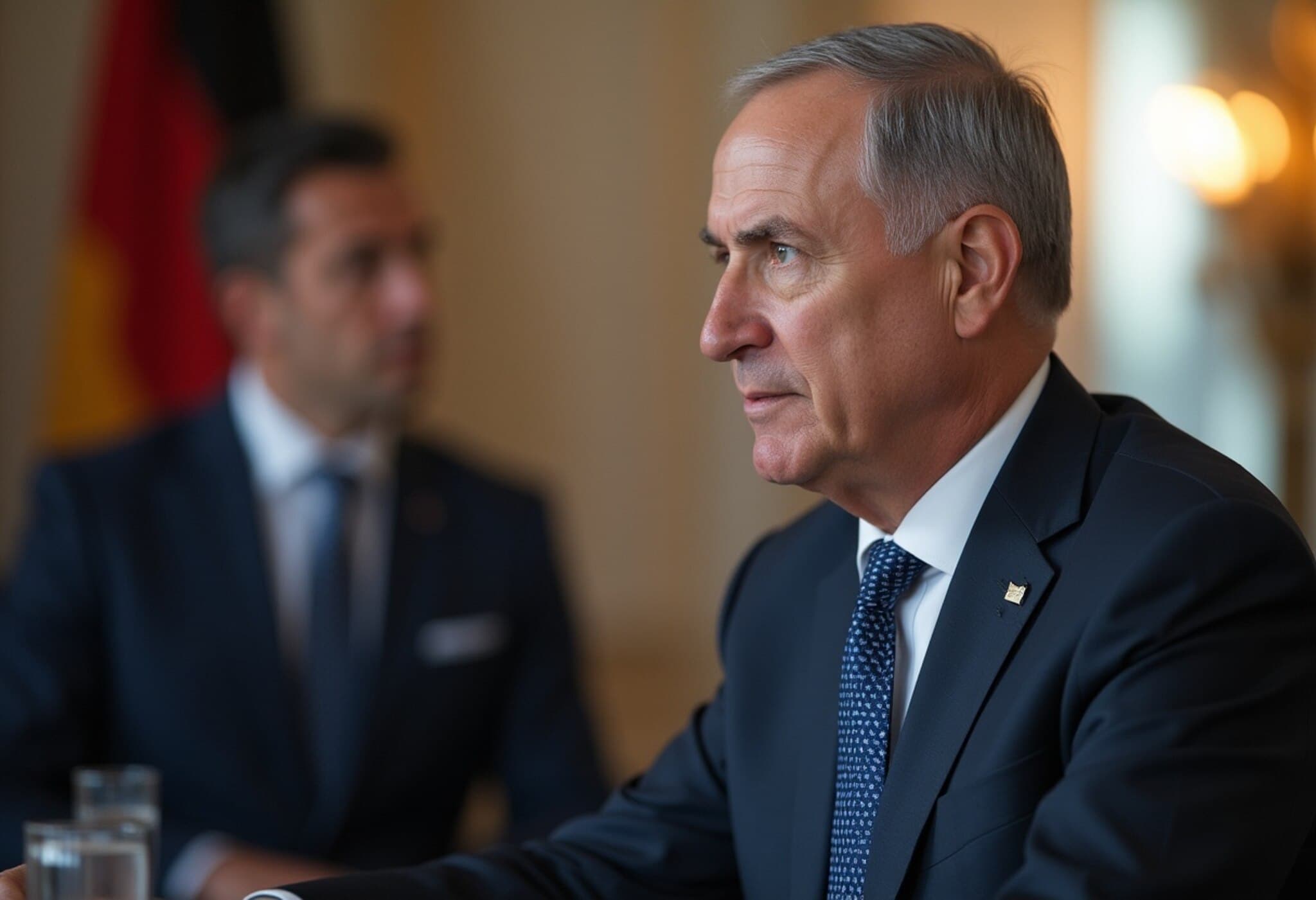Germany Executes Second Deportation Flight to Taliban-Led Afghanistan Under Chancellor Merz
In a move signaling a stringent shift in its migration policies, Germany deported 81 Afghan men back to Afghanistan on July 18, 2025. This marks the second such deportation since the Taliban regained power in Kabul in 2021, and the first under Chancellor Friedrich Merz’s administration, which has made a tougher stance on immigration a central political priority.
Background and Context of the Deportation
All individuals on this recent flight had their asylum applications rejected after scrutiny by German asylum authorities and were noted for prior criminal convictions or activities. The deportation operation, coordinated with Qatar Airways and supported diplomatically by Qatar, followed weeks of delicate negotiations between German and Afghan representatives.
While Germany continues to abstain from formally recognizing the Taliban-controlled Kabul government, Chancellor Merz acknowledged that there had been communications with Afghan authorities to facilitate the deportation. This reflects a realpolitik approach amid a broader European debate on how to engage with the regime while addressing humanitarian and security concerns.
Policy Shift Under Chancellor Friedrich Merz
Chancellor Merz’s government, assuming office in May 2025, has intensified border controls and immigration enforcement compared to the previous administration led by Olaf Scholz. Measures include increasing police presence on Germany’s borders and suspending many migrant family reunifications — efforts aimed at deterring irregular migration into one of Europe’s largest economies.
Official statistics underscore a notable downturn in asylum applications, dropping from over 329,000 in 2023 to approximately 230,000 in 2024, with the trend persisting into 2025. Merz remarked, “You can see from the figures that we are obviously on the right path, but we are not yet at the end of that path,” indicating further tightening might be on the horizon.
European Coordination and Broader Migration Challenges
The deportation preceded a high-profile meeting hosted by German Interior Minister Alexander Dobrindt at Zugspitze—the country’s highest peak—on the Austrian border. The summit brought together migration ministers from neighboring nations including France, Poland, Austria, Denmark, and the Czech Republic, alongside the EU’s Migration Commissioner Magnus Brunner.
This gathering highlights growing continental efforts to create unified responses to migration pressures exacerbated by geopolitical instability, such as the Taliban’s rule in Afghanistan. Germany’s decision to proceed with deportations despite the unstable security situation in Afghanistan raises fresh debate about the balance between national security interests and humanitarian obligations.
Expert Insight: Balancing Security and Human Rights
From a legal and human rights perspective, deporting asylum seekers to Taliban-ruled Afghanistan remains deeply contentious. Experts warn that many deportees could face persecution or worse, given the Taliban’s documented human rights abuses, particularly against minorities, women, and dissenters.
Policy analysts suggest that Germany, along with its EU partners, must couple enforcement with robust safeguards—including thorough risk assessments and international cooperation—to prevent exposing vulnerable individuals to harm.
What This Means Moving Forward
The reinstatement of deportations to Afghanistan under a conservative German leadership signals a new regulatory rigor that could reshape migration patterns and policies across Europe. It spotlights a key political challenge: managing domestic pressures to curb migration while upholding Europe’s humanitarian commitments.
As Chancellor Merz’s government continues to assert control over the nation’s borders, questions linger about diplomatic engagement with the Taliban regime, the fate of deported individuals, and the broader implications for Afghanistan's already fragile social fabric.
Editor’s Note
This development calls into sharp relief the complex intersection of migration policy, security concerns, and human rights. Germany’s renewed deportations to Afghanistan highlight the urgent need for transparent, coordinated European strategies that protect vulnerable populations while addressing the very real political and social challenges posed by migration. Readers are encouraged to consider: How should democratic societies navigate the delicate balance between sovereignty, security, and compassion in an increasingly interconnected and volatile world?



















